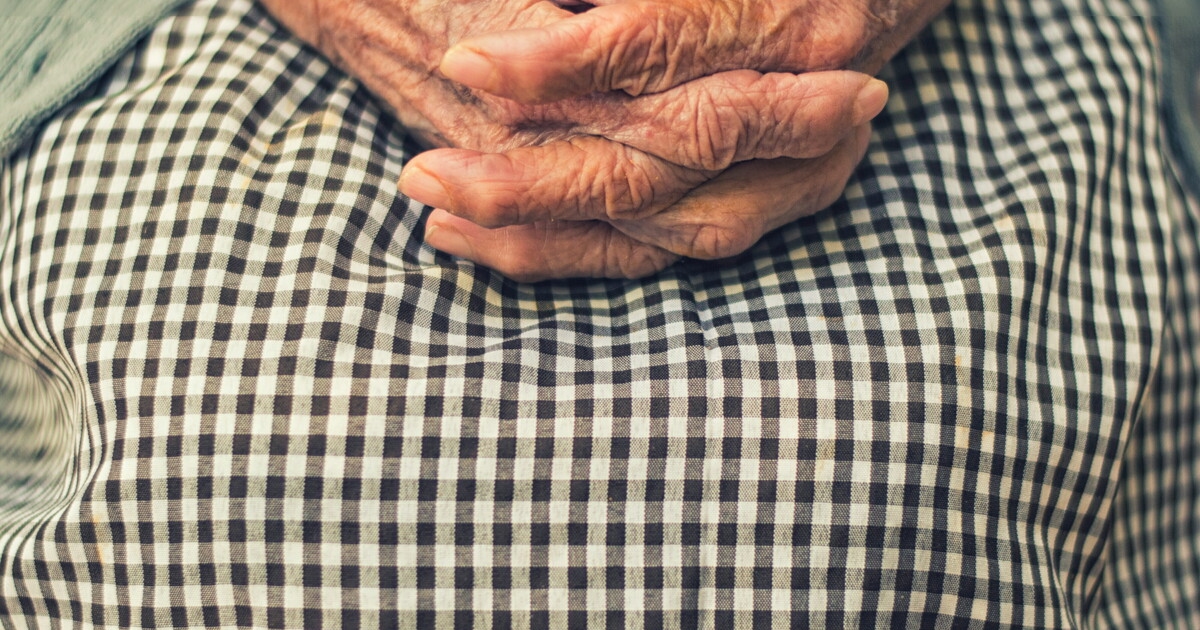Stress? To beat it, let's put it on the scale.

How can we avoid being overwhelmed by stress? Let's imagine a real scale with two pans and place on one side the demands that come from outside—work, family, money—and on the other the resources that help us maintain well-being: "It's the stress scale, a model born from scientific research and on which I've been working for years," explains psychotherapist David Lazzari , former president of the National Association of Psychologists, who addressed the topic in his book Lo psicologo in tasca, just published by Sperling & Kupfer, "a traveling companion to help readers find, above all, within themselves, the resources to build well-being," the author continues.
Fighting stress? "Stress isn't an enemy; it's a natural adaptive response," explains Lazzari. "But if demands exceed resources for a long time, the balance is disrupted, resulting in tension, fatigue, and physical or emotional discomfort. The image of the scale helps us understand whether it's time to ease demands or strengthen resources."
So, can you train for physical and mental well-being? Each chapter includes exercises.
"I proposed them as experiences, based largely on mind-body techniques that help us relax through breathing or become aware of thoughts and emotions. They serve to transform knowledge into experience, to bring balance to everyday life. Well-being is not a static condition, but a skill that can be cultivated."
And does this also help us live longer?
Today we know this with certainty: mind and body communicate continuously. Research in psychoneuroendocrinoimmunology shows that emotions, thoughts, and relationships influence biological systems, immunity, and even gene expression. Therefore, people with good psychological balance get sick less and live better and longer.
But why is it so difficult to get the message across that mind and body are inseparable?
"Because for centuries, Western culture has separated them. But contemporary science reminds us that they are not two separate entities, but different expressions of a single living system. Overcoming a dualistic vision is the key to a more humane culture, but also to more effective prevention and treatment."
In your essay, you often talk about balance, flexibility, and integration. Why are these concepts so important?
"These are three key words for well-being. Balance is the ability to move while remaining centered; flexibility is a fundamental form of resilience, the ability to adapt to change without breaking. And integration is making the different parts of yourself work together: mind, body, emotions, and relationships."
Emotions play an important role in our well-being. Can we learn to manage them?
Recognizing and regulating them helps us protect our health and quality of life. Remembering that emotions aren't positive or negative; they're information. For example, fear protects us, anger signals a boundary, sadness helps us process losses. They become dysfunctional when we deny them or let them explode without listening.
Can thinking also create problems? Are there cognitive traps that influence the way we see reality?
The book discusses 'mental traps,' habitual patterns that distort perception, such as 'all-or-nothing' thinking, or the tendency to catastrophize or generalize. Recognizing these dynamics is the first step to defusing them: we learn to ask ourselves whether what we think is fact or interpretation.
Without forgetting that thoughts act on the body…
Yes, every thought has a physiological resonance. A fearful thought accelerates the heartbeat, a trusting thought relaxes the muscles and regulates breathing. Mind and body speak the same language, just with different alphabets.
Among the factors that tip the scales toward well-being is social life. Does it also influence physical health?
Meaningful relationships are a true biological protective factor. Research confirms that people who can rely on strong bonds have stronger immune systems and lower levels of inflammation. And solidarity and altruism, if genuine, also activate brain circuits of pleasure and well-being.
So, is being altruistic good for your health?
"There are studies that confirm beyond a shadow of a doubt that altruism reduces stress levels. We have very solid evidence, not to mention that altruistic behavior tends to trigger a mechanism of reciprocity. Even though we live in a highly competitive society today, we evolved to cooperate. Altruism is good for us because it brings us back into line with our true nature."
To keep the stress balance in check, we must also learn to love ourselves. But why is this so difficult?
"Because we often confuse it with selfishness. In reality, loving ourselves is what allows us to love others. It's not about closing ourselves off in our own world, but about building a stable foundation from which we can give."
And what about work? It's a stressor, but it can also help us find meaning in life...
Work is a great training ground for life. It can wear us down if it exposes us to excessive demands or if we don't receive the right recognition, but it can also nourish us if it reflects our values and makes us feel useful. Finding a balance between performance and meaning is one of the most important challenges of contemporary well-being.
You emphasize the need to find meaning in one's life, also speaking of spirituality. Where does this need come from?
The search for meaning is a fundamental psychological need. I'm not talking about religion, but about that secular spirituality that gives coherence and direction to existence. It helps us feel part of something bigger and overcome the fragmentation of daily life. And this also gives rise to the call for justice and inclusion that comes in the final chapters: well-being is not just an individual fact, but a collective one. We cannot save ourselves alone.
repubblica




